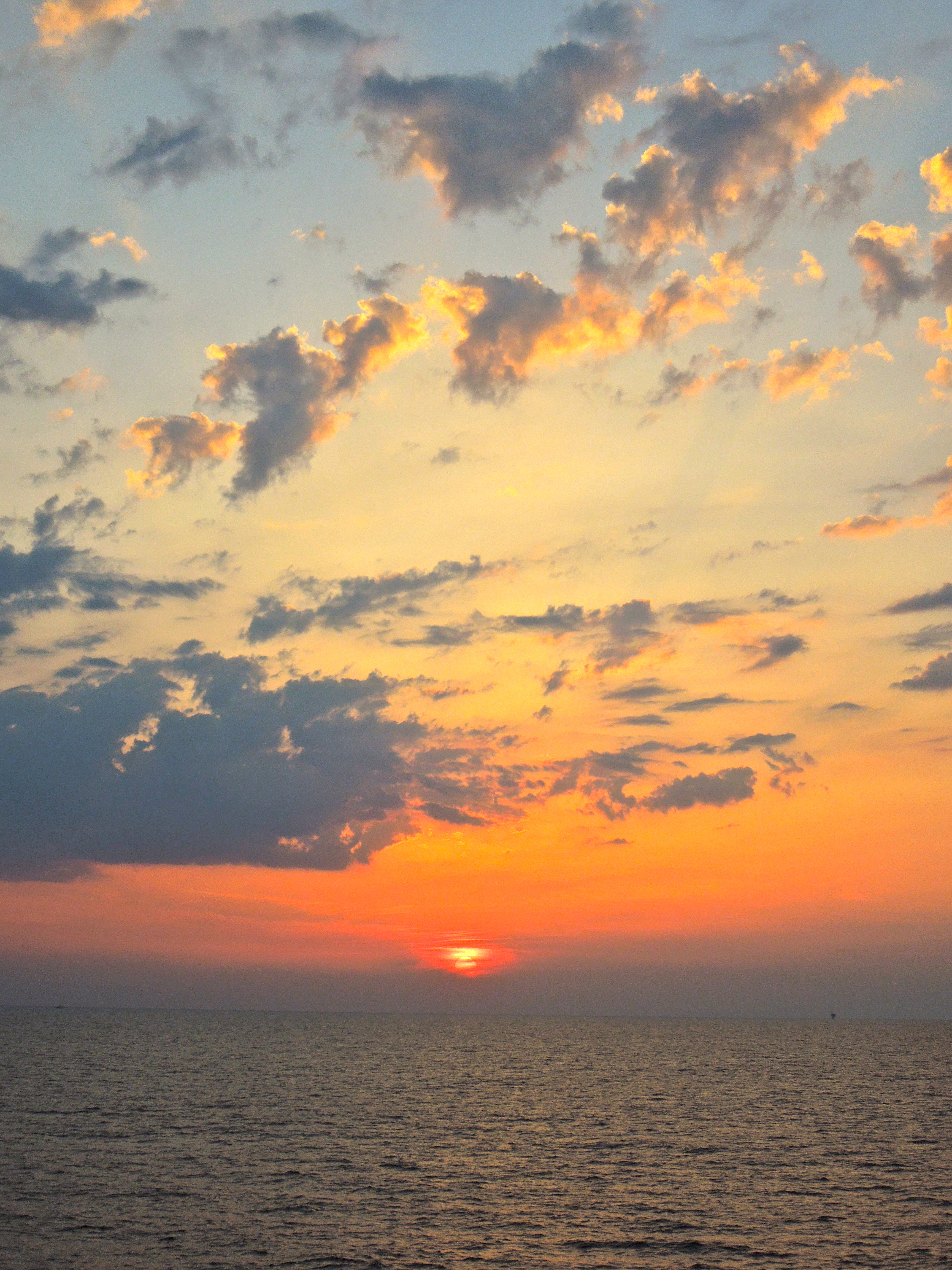Green Shinto has posted quotes before about bridging the divide that apparently exists between science and religion. Thinkers like Richard Dawkins have been particularly harsh about the absurdities and transgressions of organised religion.
If one replaces religion with spirituality however, then common ground opens up. This is particularly the case in areas of awe and wonder for the magic of existence. Joseph Campbell on his visit to Kyoto in 1956 observed that Shinto was a religion of awe, and interestingly Carl Sagan’s view of the Cosmos was very much imbued with a sense of wonder. Even Richard Dawkins has admitted to similar feelings, and indeed it is one of his justifications for taking a scientific rather than religious approach to life because the facts themselves are so ‘miraculous’.
Astrophysicist Neil deGrasse Tyson is a leading spokesman for science these days, so it’s not without significance that the US National Academy of Sciences awarded him an award in 2015 for his “extraordinary role in exciting the public about the wonders of science”. So when he gives an interview about the relationship of Buddhism and science, it’s worth listening.
This is a subject that Lafcadio Hearn had a strong interest in over 100 years ago, and in his writings on Buddhism he strongly argues for the similarities of the two ways of thinking and even asserts that in the future they will converge to form a new scientifically based religion against which it will be impossible to argue. He may have got the idea for this from his mentor, Herbert Spencer, though I”m not sure.
Nonetheless, 100 years later Neil deGrasse Tyson is much less carried away with the idea. You can read his thoughts at the following link
What does Neil deGrasse Tyson have to say about “Buddhistic” astrophysics?
Two quotations that stood out for me….
1) In my concluding words from The Universe series, when I say “we’re connected,” what I mean is that the carbon that is in your body is the same carbon that is across the universe. And it has similar points of origin — origin in the centers of stars. That shared identity is what I call the connectivity. For me, that shared genetic, atomic, and molecular heritage allows me to feel a part of the universe in a way that might not have otherwise empowered me to do so.

The wonders of nature can have a healing effect, and that may be something on which both science and spirituality can agree.

There really should be no divide between religion and science. After all, religion was originally a way to explain the workings of the universe (e.g. science). Unfortunately, priests soon saw that they could gain power, wealth, and influence by manipulating the stories and legends. Little by little, this led to religions having sacred texts with unchangeable dogma that no longer fitted with the observations. However, to admit that some parts of the dogma were wrong meant that the basis for their power (texts were words from on high and are perfect) was unfounded. They couldn’t do that without losing power, so the split between observations and religion came about. A few religions, such as Shinto, have no dogma so there is really no divide between observations and spirituality in those religions.
Thank you for that. Certainly science was for long seen as part of the religious endeavor to come closer to an understanding of God. The split happened in the nineteenth century when Romanticism opposed imaagination to the rationalism of science. But in recent times, as evidenced by books like the Tao of Physics, there seems to have been a coming together again and for the open-minded it’s certainly possible as you suggest to find common ground.